As endurance athletes we make our living (recreationally for most) off pushing ourselves to and beyond our limits. But in the past several years many of us have become all too familiar with terms such at OTS (OverTraining Syndrome) and Adrenal Fatigue, many of us even know someone who may have struggled with this in the recent past (or present). There are countless good articles discussing these issues, so that’s not my purpose here, rather my intention is to discuss the culture that leads many down this nasty spiral of over training and into months, if not years of recovery.
11 days ago I ran and finished the Gorge Waterfalls 100k race in Oregon, I was tired, a bit sore, but no worse for the wear. I’ve found over the past several years that my body seems to recover pretty well from long distance races, so wasn’t too surprised when the following Tuesday (3days later) I was back on the trail headed up the second flatiron for a jog/hike. The legs felt ok so I got out again Wednesday, then Thursday and when the weekend rolled around plans for a mellow ski snowballed into a possibly epic ski mountaineering route around Longs Peak; including some 5.4 climbing, lots of rock hopping with ski gear, and possibly 7500ft of vertical gain, oy.
We started skinning up the Longs Peak trail just after sunrise on 4/9/16 (one week after running a 100k race). I felt alright, but as we climbed higher and higher my legs began to feel like lead, my stabilizers were shot and I felt wobbly on the rocky terrain hiking in ski boots. The entire day was a slog for me, extremely fatigued, barely managing 1mph much of the time, and just feeling like crap. It was pretty apparent that I was not recovered from Gorge Waterfalls, but had no choice but to finish the route, so 13hours later (note, 14mi took longer than my 100k) I staggered back into the Longs Peak parking lot, completely wasted, so much so that over the next two days all I did was sleep and walk 3miles quite slowly. Special thanks to Jason, Andy and Dana for sticking out this long slog with me.
So the endurance athletes out there might be saying, “so what, you had a bad day” and that’s what our sport(s) is built on, but at what point is it more than a bad day, and really just a bad idea? In ultra distance running the mental ability to push through pain, to weather the highs and lows and to keep yourself going when most in this world would quit is really what separates many finishers from DNFs. But it is also this incessant drive to fight, struggle and suffer that gets so many in trouble. Terms such as FOMO (Fear of Missing Out), YOLO (You Only Live Once), ‘pain is temporary, glory last forever’, and ‘sufferfest’ are often thrown around by well meaning friends and training partners to help motivate others to get out and push through the pain. While this encouragement is a necessary part of success, especially in 100milers, I argue it’s also what leads many into over training territory. Combined with the fact that many of us know only one thing…physical activity, you have a ticking time bomb just waiting to go off.
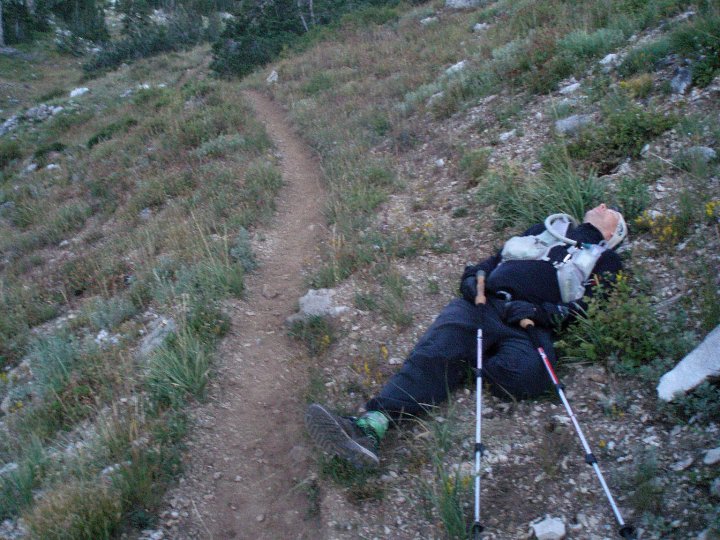
When you need a nap, you need a nap. 2010 Wasatch 100 Pete decided 500 yards from the Ant Knoll AS he was sleeping, 10 seconds later he was snoring.
But the real question is, when does pushing your body no longer become beneficial, but rather detrimental. This is exactly what I was asking myself the day after my Longs Peak debacle, and trying to understand if the signs were simply indicating short term fatigue, or if there was a larger underlying issue creeping in. Sadly the answer is, I don’t really know. There are various metrics such as heart rate, blood work, sleep patterns, etc that can help address fatigue, but what it comes down to is you really just need to listen to your body, and do so very carefully. Building in rest week (40+miles/wk is NOT rest) during big training cycles, rest months (or two) during the off season where you do limited cardiovascular activity, and really taking the time to take care of your body during those harder training weeks are probably the key. As the scientific community learns more about over training, we may have our magic biomarker to indicate when it’s happening, but for now the endurance athlete (me included) needs to remember to take a break every now and then, you’ll be better off in the long run.
Last week’s training cycle was supposed to be for rest post-Gorge Waterfalls, but does 19hours on my feet with 12000ft of vertical gain sound restful…I didn’t think so. Thankfully after several days of hard rest and recovery I’m feeling much more normal, but as I ramp into bigger training cycles there will definitely be this seed in the back of my mind…don’t overdo it. In the ten years since I started ultra distance running, 12 years of competing in ultra distance events, I’ve managed to avoid over training issues (plenty of aches and pains though), but have also watched many a friend fall down this rabbit hole. Sorry I can’t provide you any definitive answers, but maybe the ramblings of my brain will sound familiar to your personal struggles or your friend’s. So I hope everyone has a wonderful rest of the week, get in some great trail/rock time, but also listen to your body about what it truly needs, sometimes that’s activity, sometimes it’s a good acupuncture session, sometimes it’s a soak in the hot tub, but sometimes it’s simply rest. Thanks to Vfuel for helping to keep me energized throughout training, and all my friends in the Rocky Mountain Runners and Boulder Trail Runners for sharing many a long day with me. Run fast, run healthy, but mostly run happy.
A few articles for further reading on the topic if you so desire…
Dark side of Fitness, 5280
Overtraining Syndrome, Sports Health
Are you overtraining?, Runners World

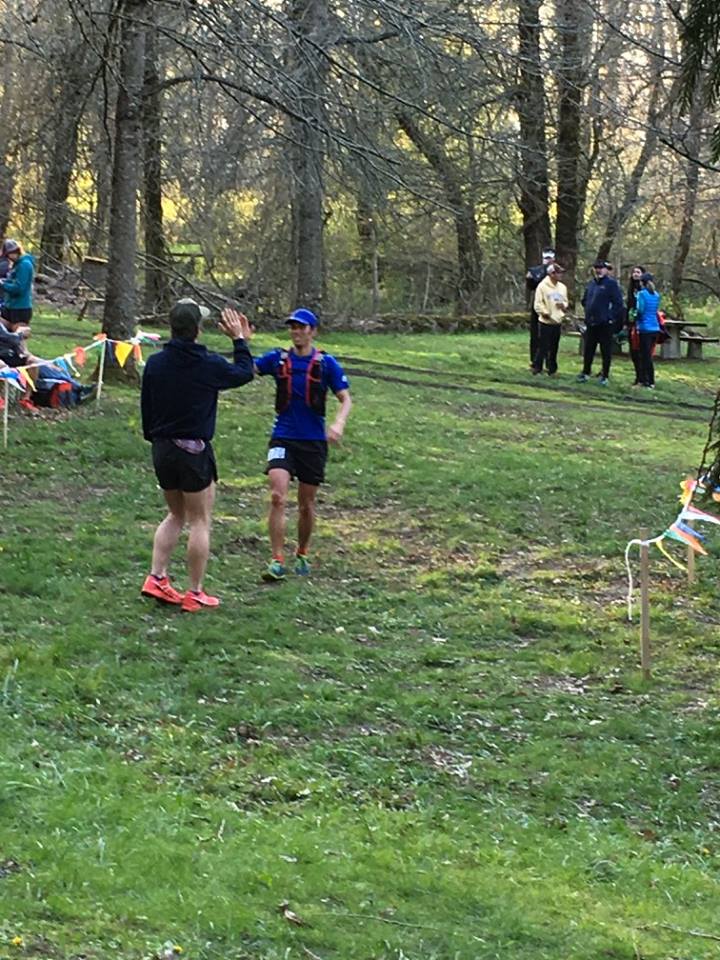
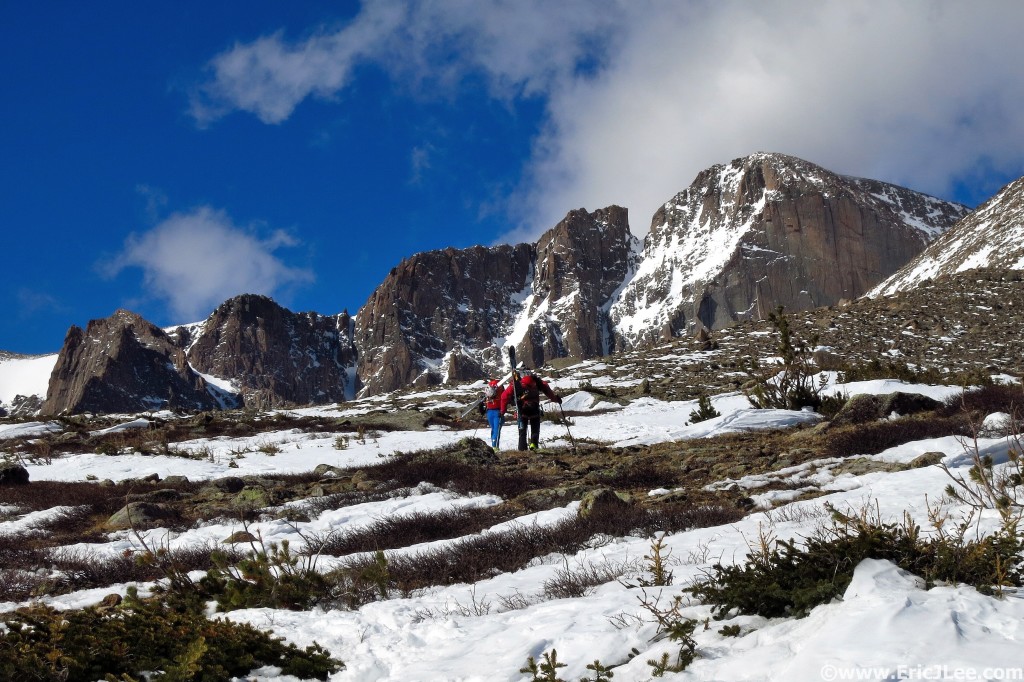
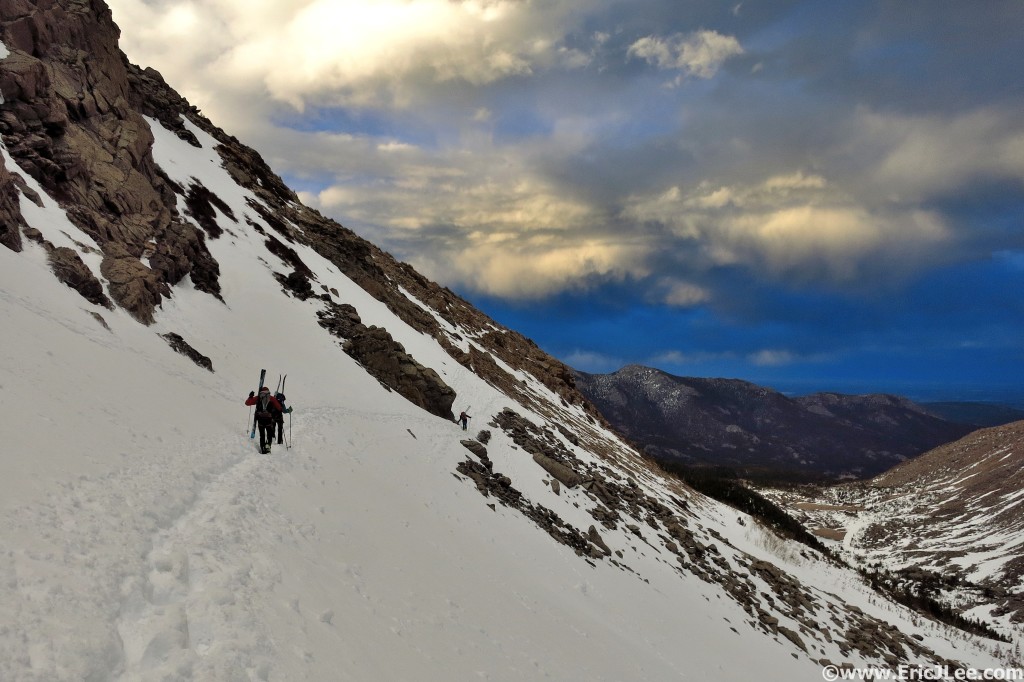
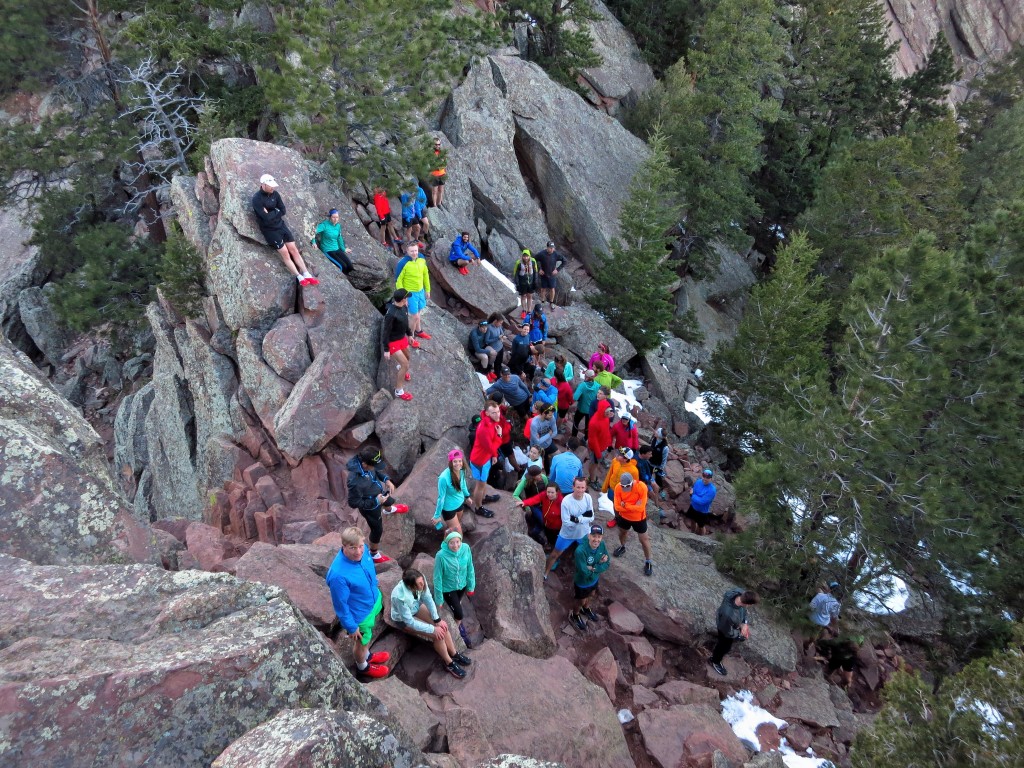
Pingback: Ultra Trail Daily News, Thurs Apr 14 - UltrarunnerPodcast.com